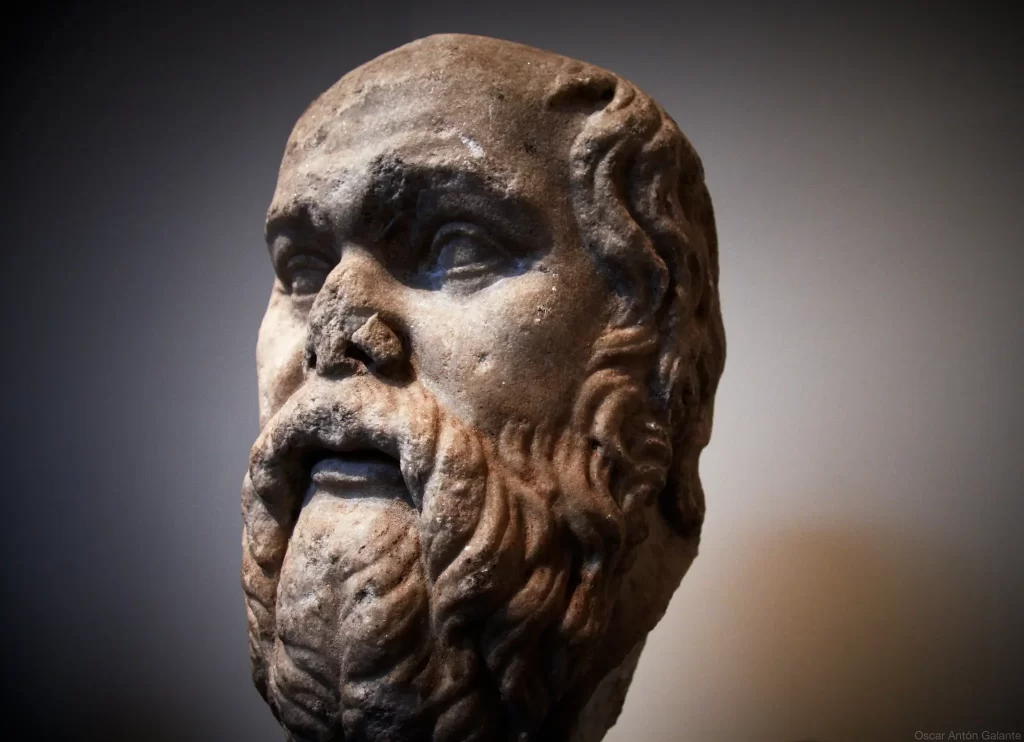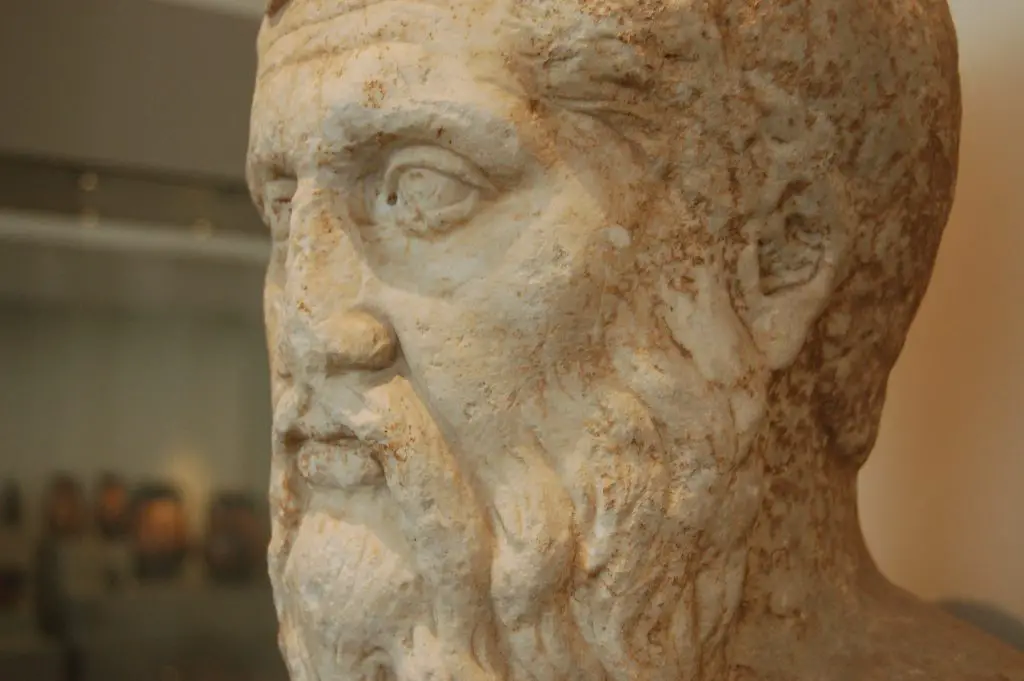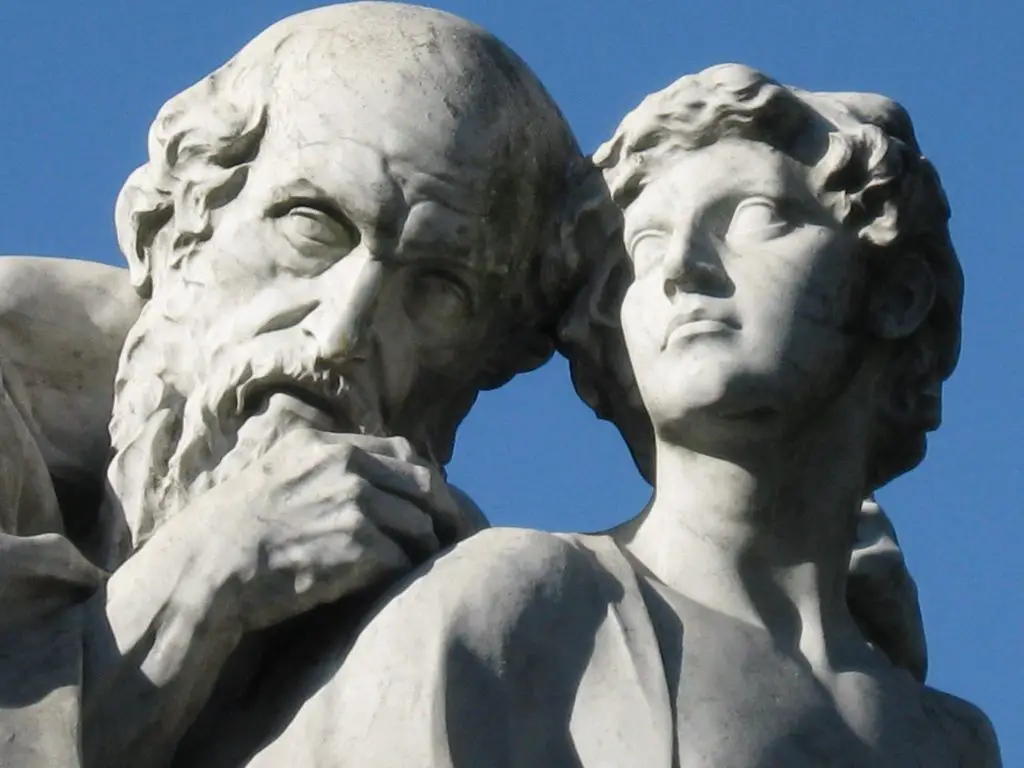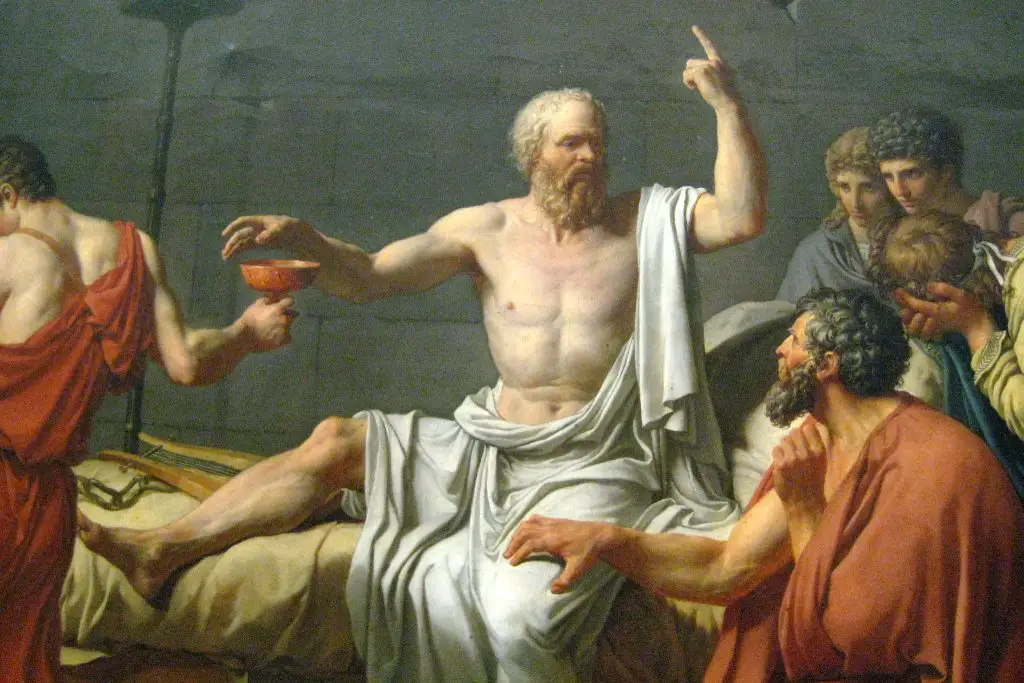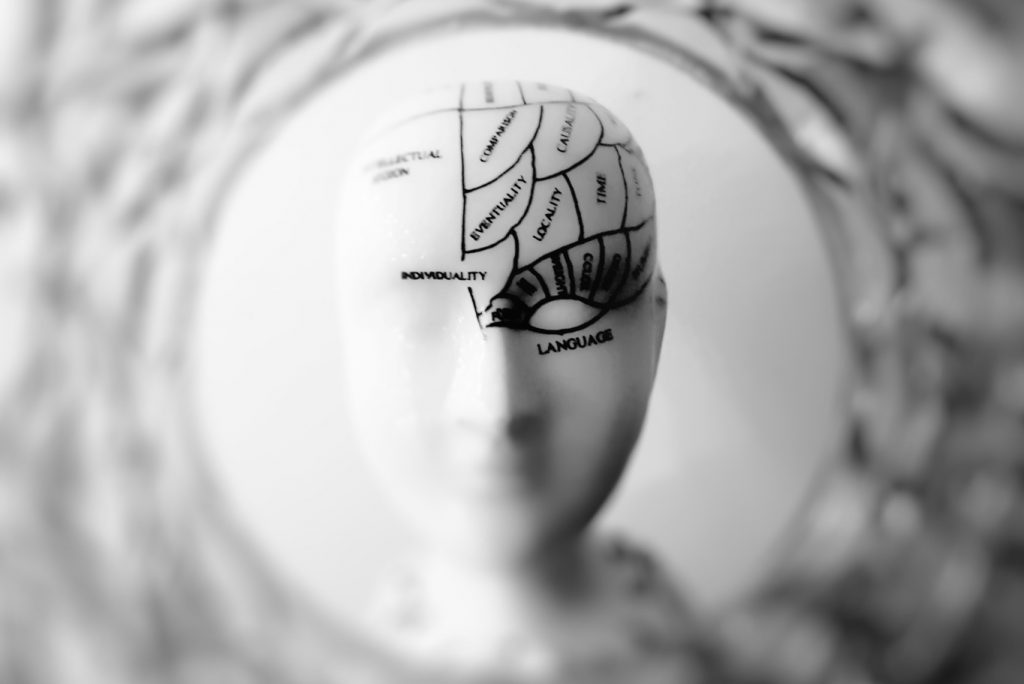
What is Social Learning Theory?
Introduction I’m trying to explain a tricky concept but Nyla and Mimi are whispering. They are both generally good students and will get the work done in the lesson, so I’ll let it slide for now and press on with my explanation. Oh, now Tom and Kaspar are talking. I’ll raise my voice a bit, […]
What is Social Learning Theory? Read More »


